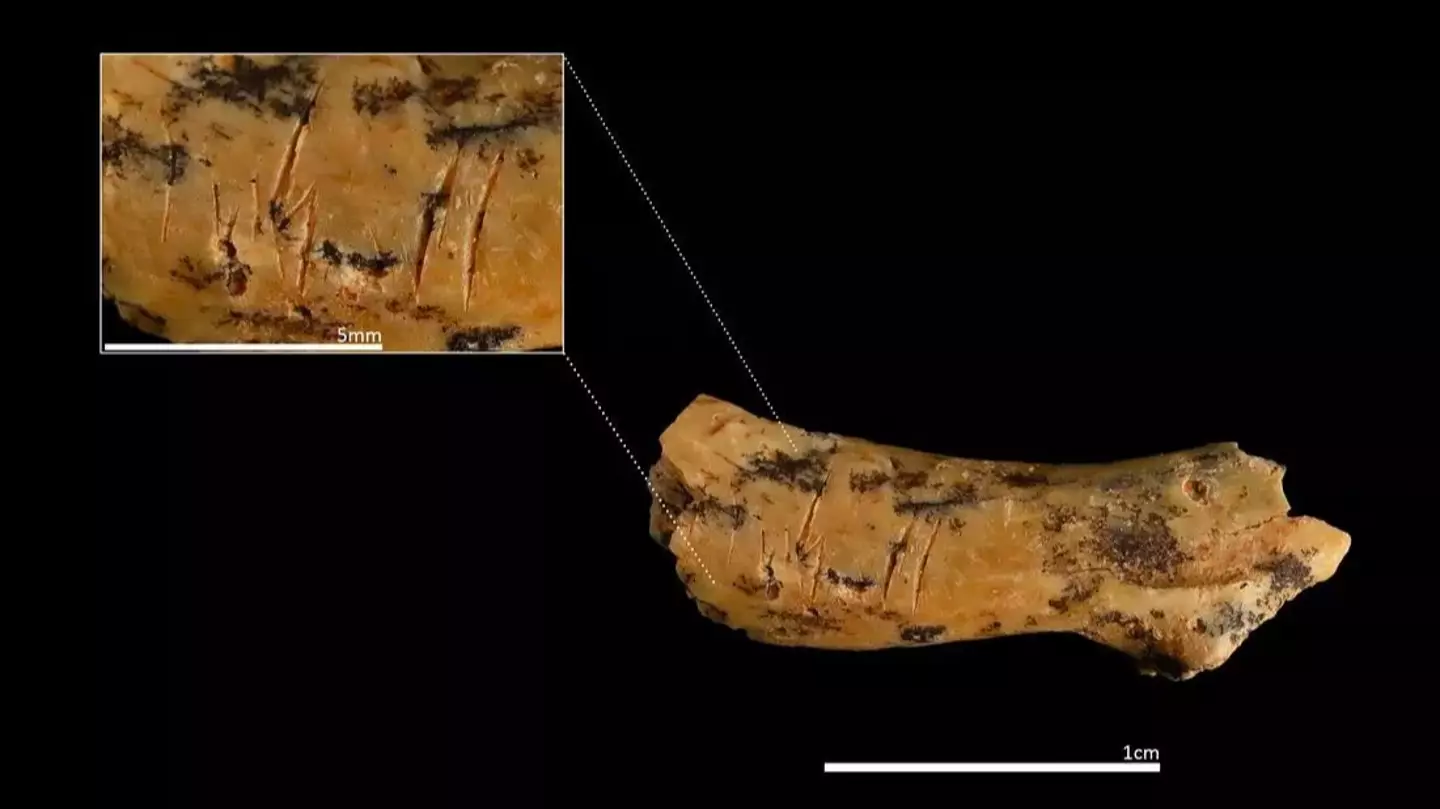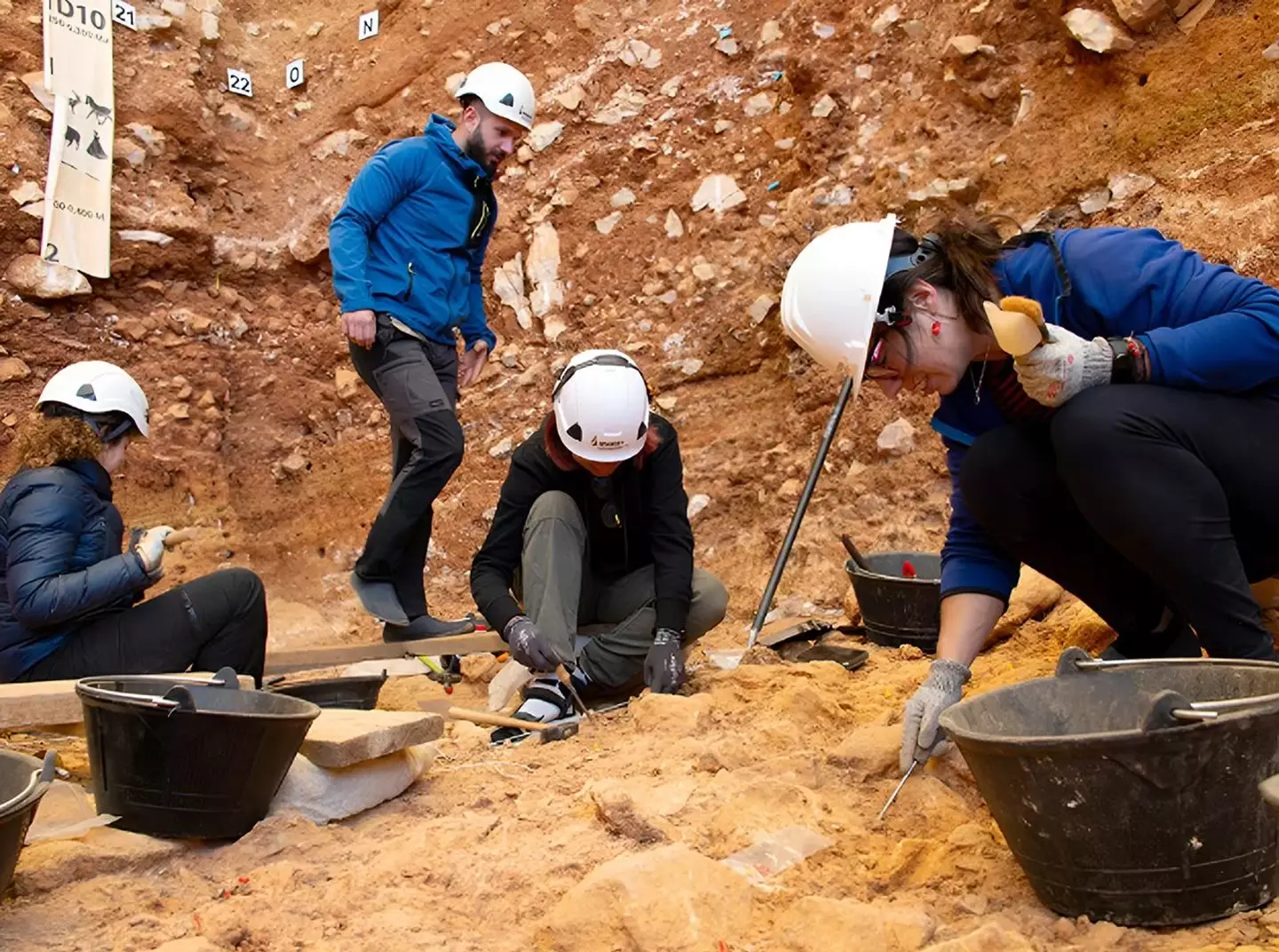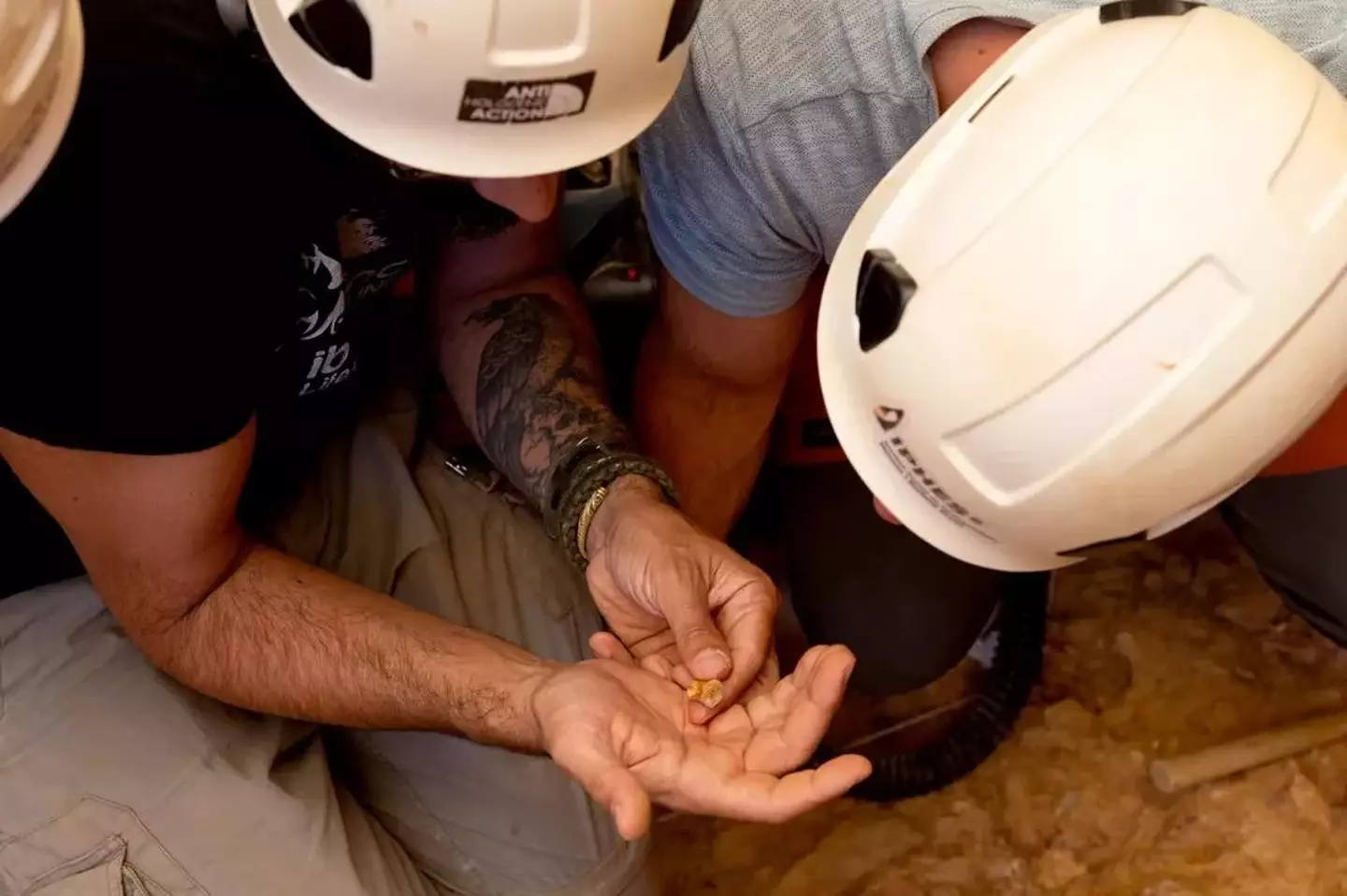
Disturbing new evidence of cannibalism among early humans has emerged after archaeologists discovered the decapitated remains of a toddler in Spain.
A team from the Catalan Institute for Human Palaeoecology and Social Evolution (IPHES-CERCA), made the grim finding while excavating the Gran Dolina site in the Sierra de Atapuerca in Spain, which dates back some 850,000 years.
The vertebra bone is believed to belong to a child between the ages of two and four years old, and shows cut marks at specific anatomical points required to detach the head, leading the team to believe the decapitation had taken place intentionally.
"This case is particularly notable, not only due to the age of the child, but also due to the precision of the cut marks," said Dr Palmira Saladié, a researcher with IPHES-CERCA and co-director of the Gran Dolina excavation, as per Archaeology News.
Advert

Dr Saladié and the team are now convinced the cut marks provide proof of the exploitation of human meat among our ancient ancestors, particularly given the treatment of the bones, complete with defleshing marks, matches up with known features of systematic meat processing.
The marks on this particular bone are eerily similar to those on animal bones which had been consumed by early humans within the same excavation site.

However, this isn't the first time evidence of early cannibalism was discovered in this fashion. Nearly 30 years ago, archaeologists found what they believe to be confirmation that humans treated the dead as food in their earliest communities.
Dr Saladié continued: "What we are documenting now is the continuity of that behaviour: the treatment of the dead was not exceptional, but repeated."
The evidence suggests that while cannibalism was a method of sustenance for the communities, it may also have been a form of territorial control as researchers also found a spot within the same cave where hyenas had been living.

Hyena excrement was found in fossilised droppings on top of the site where human remains were buried, suggesting the early humans living in the cave were competing with other species in the harsh environment.
Meanwhile, the team believe there is still much more to be discovered about our ancestors and the way they lived more than 850,000 years ago.
Saladié concluded: "Every year we uncover new evidence that forces us to rethink how they lived, how they died, and how the dead were treated nearly a million years ago."
Topics: Archaeology, World News
